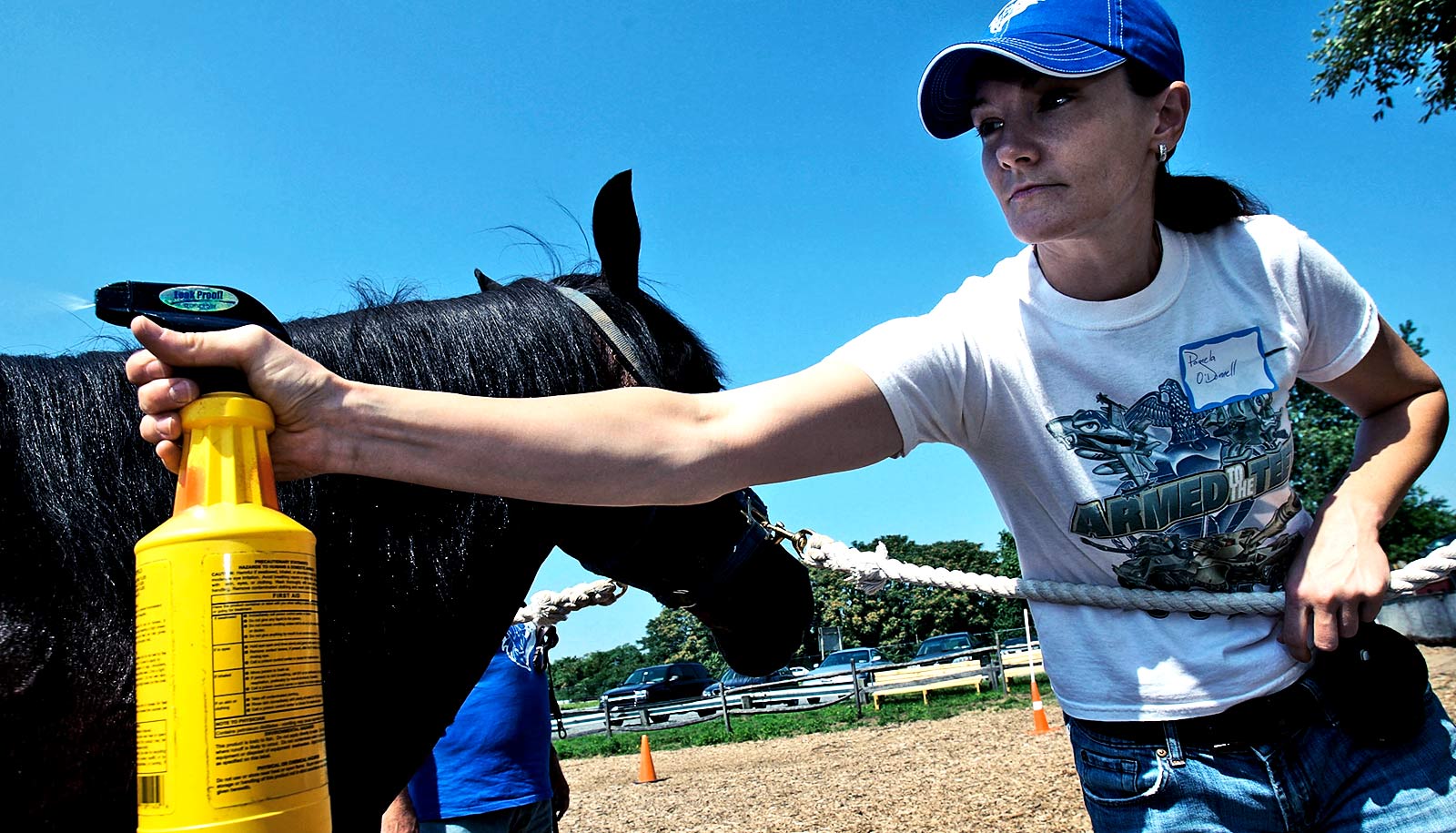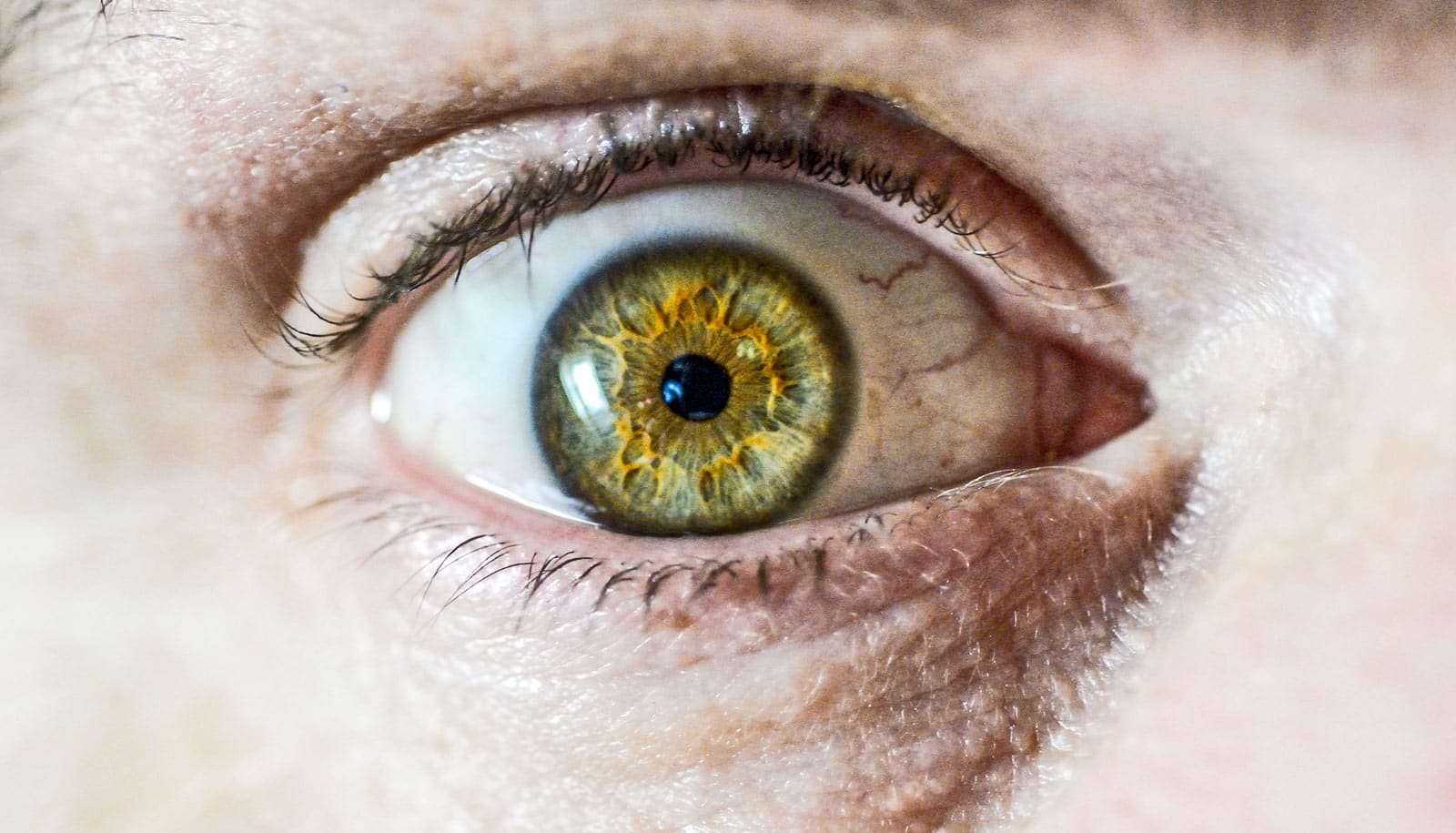Military veterans with post-traumatic stress disorder may have significant decreases in symptoms just weeks after taking part in therapeutic horseback riding (THR), a new study shows.
Veterans are often prescribed THR as a complementary therapy, but until now, little has been known about how effective it is.
“PTSD is an anxiety disorder that occurs after exposure to life-threatening events or injuries and is marked by flashbacks, avoidance, and changes in beliefs and feelings,” says Rebecca Johnson, a professor in the College of Veterinary Medicine and professor of gerontological nursing in the Sinclair School of Nursing at the University of Missouri.
“…some of these military veterans had been experiencing PTSD symptoms for 40 or 50 years.”
“Estimates are that more than 23 million military veterans experience PTSD symptoms each year. While counseling and behavior therapies often are prescribed, sometimes clinicians will encourage complementary therapies, such as therapeutic horseback riding. We wanted to test whether THR could be a useful complementary therapy in the treatment of PTSD.”
Previous research has demonstrated that the interaction between horses and riders increases riders’ confidence, self-esteem, sensory sensitivity, and social motivation while decreasing stress.
For the new study, which appears in Military Medical Research, researchers assessed 29 military veterans from a nearby Veterans Administration (VA) hospital for eligibility. The researchers invited those diagnosed with PTSD or PTSD with traumatic brain injury to participate in a therapeutic horseback riding program once a week for six weeks.
The researchers measured symptoms at three weeks and six weeks into the program using the PTSD Checklist-Military Version (PCL-M) assessment, a 20-item self-reporting survey that clinicians use to gauge PTSD symptoms. The researchers also used other measurement instruments to assess improvements made in the treatment of the anxiety disorders.
Therapy rides for veterans don’t stress out horses
“Results showed that participants in the program experienced a significant decrease in PTSD scores, almost 67 percent, after just three weeks of THR. After six weeks, participants experienced an 87 percent drop in PTSD scores,” Johnson says.
“Interestingly, the veterans who self-identified for the study all were from the Vietnam War era meaning that some of these military veterans had been experiencing PTSD symptoms for 40 or 50 years. It may be important for health care systems to support THR as a viable complementary therapy.”
The Harry S. Truman Memorial Veterans Hospital supported the work.
Source: University of Missouri



